The BioProducts Institute network brings together world-leading, interdisciplinary researchers who are developing fundamental and applied understanding of cutting-edge technologies for the conversion of biomass into sustainable advanced biomaterials, chemicals and clean energy.
-
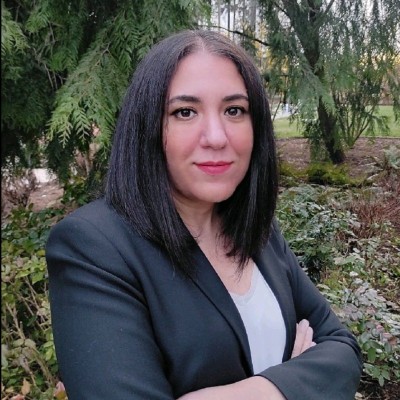
Yasmine Abdin
Assistant Professor
Materials Engineering
Yasmine's research focuses on the design, manufacturing, and rigorous analysis of polymer based composite materials. Through this rigorous data analysis and digital modelling, Yasmine is establishing a deeper understanding of the structure-property relationship of composite structures in digital…
-
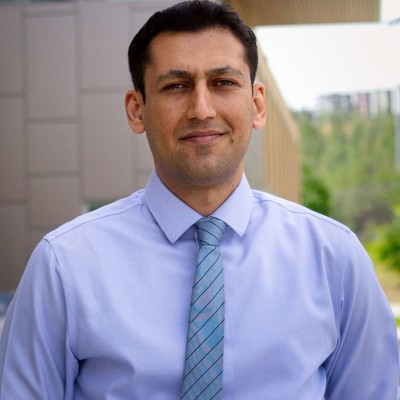
Mohammad Arjmand
Assistant Professor
School of Engineering, UBCO
Dr. Arjmand is recognized as a leading and award-winning researcher in the field of nanotechnology and polymer engineering. He is an Assistant Professor at the University of British Columbia’s Okanagan campus (UBCO), a Canada Research Chair in “Advanced Materials and Polymer Engineering”, and the…
-
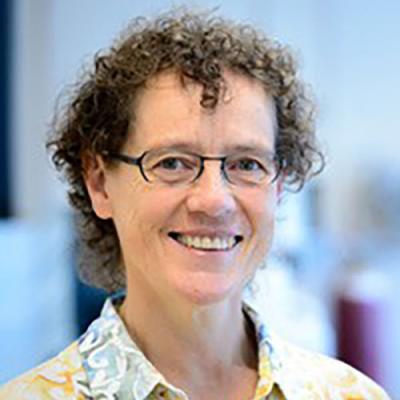
Susan A. Baldwin
Professor
Chemical and Biological Engineering
Susan's overall research goal is environmental sustainability of Canadian society through bioremediation where active (reactor-based) and passive (natural) processes are studied that involve microbes and biomonitoring, which concerns the use of biological organisms for monitoring potential…
-
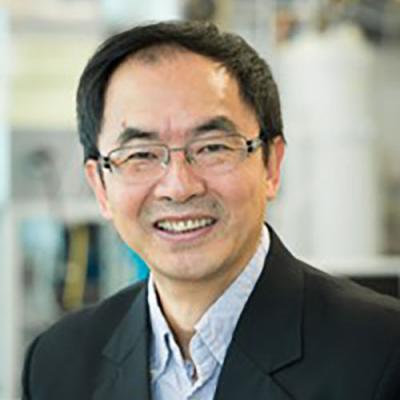
Xiaotao Bi
Professor, Director
Chemical and Biological Engineering
Fellow of The Canadian Academy of Engineering Xiaotao and his team have been developing environmental systems analysis and life cycle analysis tools to model and evaluate biomass energy systems, including Canadian wood pellets, animal wastes and agricultural residues, as well as integrated…
-
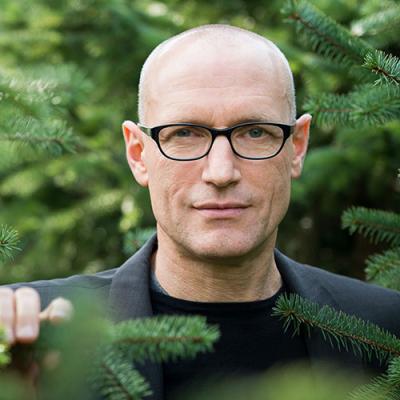
Joerg Bohlmann
Professor
Botany
Joerg is a world leader in the fields of plant and forestry genomics and in plant natural products biology. He is distinguished for his research on the genomics of defence and resistance mechanisms of conifers against insect pests and insect-associated fungal pathogens, as well as on plant…
-
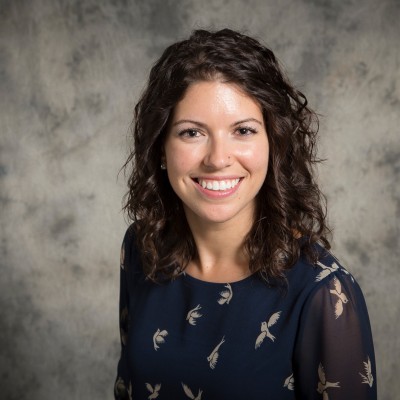
Nadine Borduas-Dedekind
Assistant Professor
Chemistry
Nadine’s research focuses on understanding the fate of organic molecules in the atmosphere with implications for air quality and climate. Her research team uses field-deployable mass spectrometers, aerosol instruments and cloud chambers to study the fate of pollutants in the air that we breathe…
-

Harry Brumer
Professor
Chemistry
The focus of Harry’s research is to understand the way in which particular enzymes act to alter the structure of polysaccharides found in biomass (especially plant cell walls and wood fibers), and to harness these enzymes for application. The discovery and characterisation of new enzymes…
-
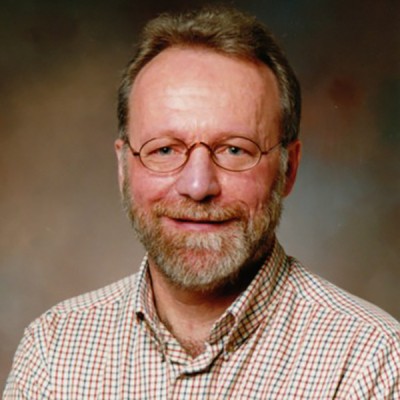
Gary Q. Bull
Professor
Forest Resources Management
Gary has spent most of his early career working as a management consultant, an economist for two large forest product companies and as an economist for the Food and Agriculture Organization of the UN. Today he is a professor of forest economics and management at UBC and department head…
-
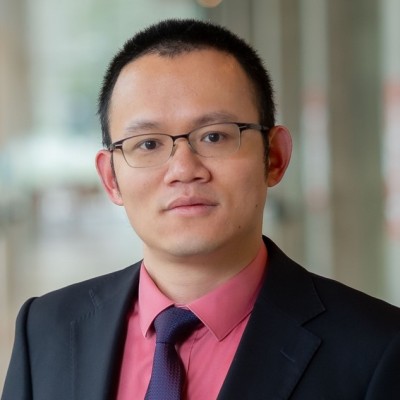
Yankai Cao
Associate Professor
Chemical and Biological Engineering
Research SummaryMachine Learning, Large-scale Optimization, Energy Systems, Process ControlEducationUniversity of Wisconsin Madison, 2018, Postdoctoral AssociatePurdue University, 2015, Ph.D.Zhejiang University, 2010, B.E.Research interests + projectsMy research group…
-
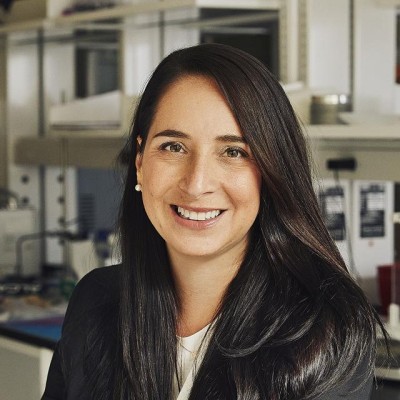
Emily Cranston
Professor
Chemical and Biological Engineering, Wood Science
Emily and her team are designing high-performance materials to replace those that are based on non-renewable resources by learning from nature and using bio-based components. Their current focus is on the production, functionalization and characterization of cellulose nanocrystals aimed at…
-
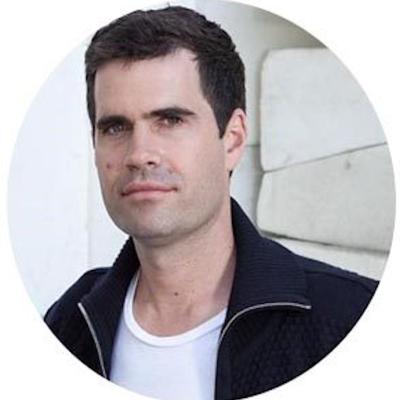
Joseph Dahmen
Associate Professor
School of Architecture and Landscape Architecture
Joe’s research tests emergent materials in two different registers. Quantitative methods measure their structural and environmental performance, while their qualitative spatial and cultural potentials are evaluated through public architectural installations. His research provides…
-
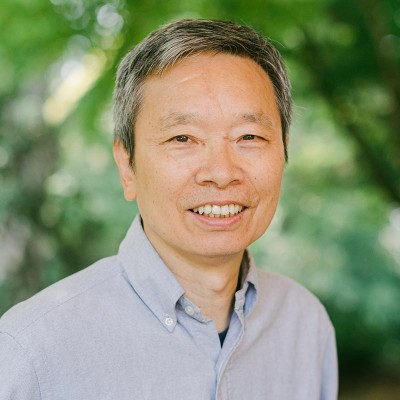
Chunping Dai
Associate Professor
Wood Science
With extensive industry background, Chunping is interested in both fundamental and applied research in wood and bamboo-based composites. His current research areas include: - Modeling and innovative manufacturing of engineered wood products; - Round and engineered bamboo products for…
-

Derek Dee
Assistant Professor
Food Safety Engineering
Dr. Dee’s research uses biophysical tools and protein engineering to study protein folding and aggregation, particularly amyloid fibrils (aka nanofibrils). Certain amyloid fibrils play a role in disease, while functional protein nanofibrils hold promise for a variety of applications,…
-
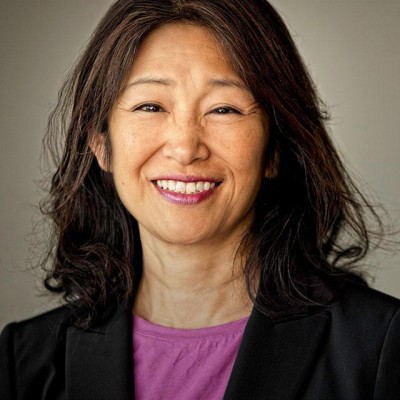
Naoko Ellis
Chemical and Biological Engineering
Naoko’s expertise lies in the area of multiphase reaction engineering with emphasis on fluidized beds. Some current projects include: CO2 capture; biomass gasification and pyrolysis; chemical looping combustion; pyrolysis product utilization including bio-oil and biochar applications; and…
-
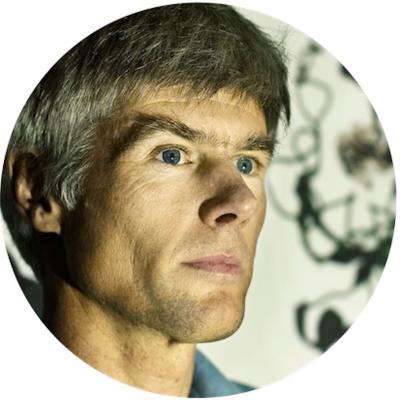
Lindsay Eltis
Professor
Microbiology and Immunology
Lindsay’s primary research interest is bacterial enzymes and pathways responsible for the degradation of aromatic compounds, including lignin, and steroids. His most significant contributions, including the first characterization of a bacterial lignin-degrading enzyme, have changed the way…
-
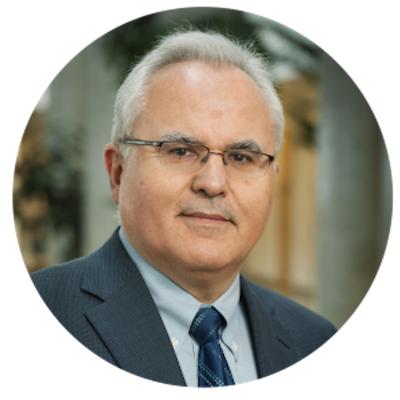
Peter Englezos
Professor
Chemical and Biological Engineering
Fellow of The Canadian Academy of Engineering Peter has over 20 years of research experience on several fundamental and applied aspects of clathrate or gas hydrates. He has published extensively in this area including reviews on clathrate hydrates, kinetics, energy and environmental aspects…
-
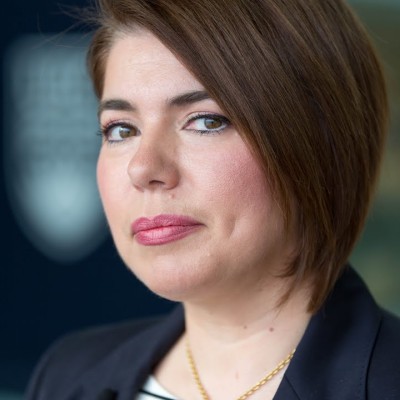
Cigdem Eskicioglu
Professor
School of Engineering
Dr. Eskicioglu is a Professor and NSERC/Metro Vancouver Industrial Research Chair (IRC) in the School of Engineering, at the University of British Columbia (UBC), specializing in wastewater and sludge treatment. She is also the Founder/Leader of the Bioreactor Technology Group (BTG), which focuses…
-
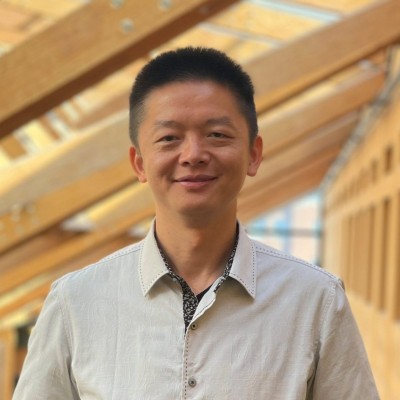
Haibo Feng
Assistant Professor
Wood Science
Haibo received his PhD training in UBC Civil Engineering in the field of Sustainable Construction. He was an Assistant Professor for over 2 years at Northumbria University in the UK before joining the Department of Wood Science at UBC Forestry. He also worked in construction industry for over 6…
-
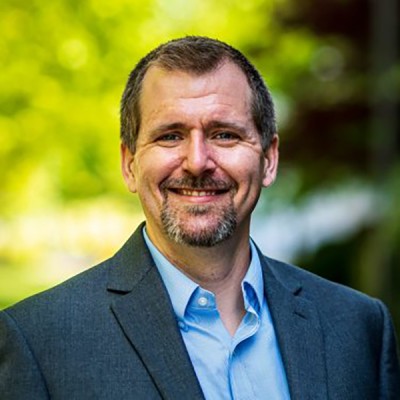
Johan Foster
Associate Professor
Chemical and Biological Engineering
Johan’s research currently focuses on structuration, functionalization and fundamental aspects of reinforcement and deformation in polymers and bio-products, and the application of that science to engineering of novel implantable materials and lightweight materials, 3D printing and…
-

John Frostad
Associate Professor
Chemical and Biological Engineering
Dr. Frostad's research group investigates the physical models and mechanisms that govern complex food systems, agricultural sprays, oil spills and their remediation, complex fluid-fluid interfaces, as well as other multiphase fluid systems. Such investigations often require measurements that…
-
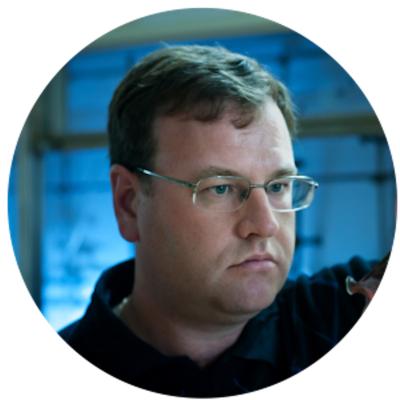
Derek P. Gates
Professor
Chemistry
Research in Derek’s group bridges the traditional areas of inorganic chemistry and polymer science. The development of synthetic methodologies to prepare new macromolecules with interesting structures and properties is a challenging frontier in chemistry. Derek’s group has developed…
-

Bhushan Gopaluni
Professor
Chemical and Biological Engineering
Bhushan Gopaluni is a professor in the department of chemical and biological engineering and an Associate Dean for Education and Professional Development in the faculty of Applied Science at the University of British Columbia. He is also an associate faculty member in the Institute of Applied…
-
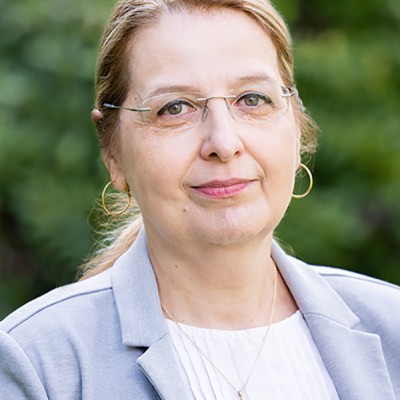
Dana Grecov
Professor
Mechanical Engineering
Dana’s core research areas are in Biofluid Mechanics, Liquid crystals, Multiphase flow, Fluid Mechanics, Computational fluid dynamics, and Rheology. A few accomplishments: Development of new robust and efficient computational methods to simulate 2D and 3D flows of liquid crystalline…
-
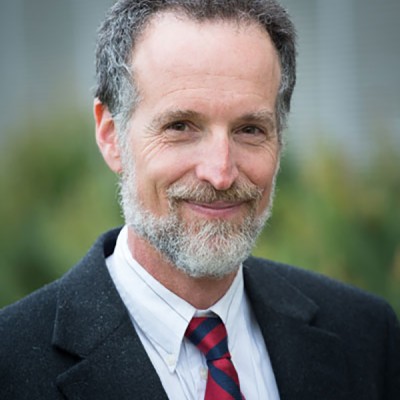
Sheldon Green
Professor
Mechanical Engineering
Sheldon is a specialist in industrial fluid mechanics, and more specifically the application of experimental and numerical techniques to study and resolve industrially relevant fluid mechanics problems. His research has involved the experimental and CFD study of papermaking forming fabric…
-
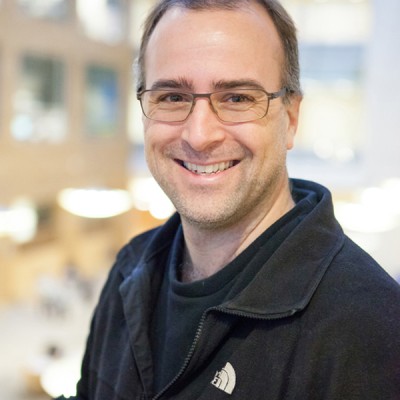
Steven Hallam
Professor
Microbiology and Immunology
Steven harnesses the awesome power of environmental genomics to explore the microcosmos, describing microbial community structure and function across a wide range of natural and human engineered ecosystems. Each of his projects shares a core set of interdisciplinary tools sourced from ecology,…
-
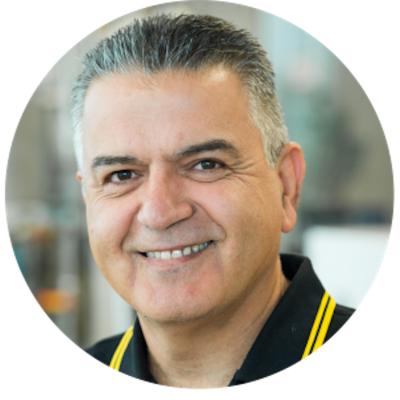
Savvas Hatzikiriakos
Professor
Chemical and Biological Engineering
Savvas has over 25 years of experience in the rheology of complex fluids including polymer melts and their blends, suspensions, gels and pastes. His group is using rheology as a probe to gain a better understanding of structural changes taking place in complex systems under flow. Primary focus is…
-
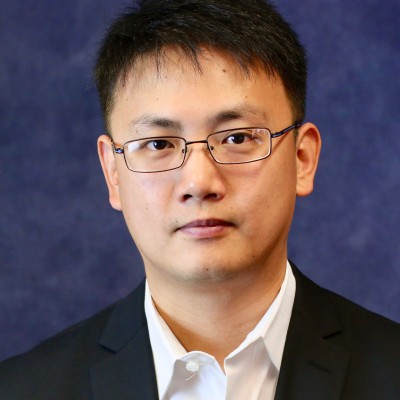
Tao Huan
Associate Professor
Chemistry
Dr. Huan is an Associate Professor in Analytical and Bioanalytical Chemistry. He received his Ph.D. in Analytical Chemistry from the University of Alberta under the supervision of Dr. Liang Li on developing chemical isotope labelling liquid chromatography-mass spectrometry-based metabolomics. After…
-

Zachary Hudson
Professor
Chemistry
The Hudson group is focused on developing new bio-based polymers for use in compostable plastics. Tens of billions of pieces of single-use plastics end up in rivers, oceans and landfills every year, most of which take thousands of years to naturally break down. Food and beverage packaging is the…
-
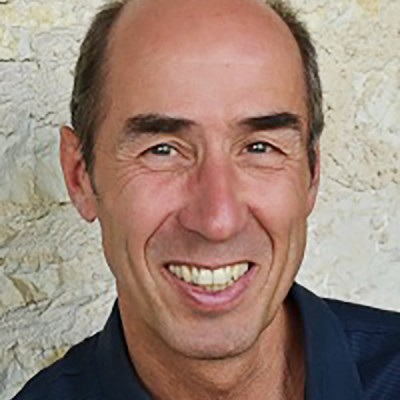
Reinhard Jetter
Full Professor
Botany
Reinhard's research interests focus on the formation, composition, structure, properties and function of plant surface waxes. Lipids play a pivotal role in all interactions between plants and their biotic and abiotic environment. Integrative research in his lab spans secondary metabolites, wax…
-

Feng Jiang
Associate Professor
Wood Science
Feng’s research interest lies in converting naturally abundant biomass into functional nanocellulose and assembled structures. His strategies include: (1) developing green and efficient isolation/modification pathways to reduce production cost and diversify surface chemistry, (2) assembling…
-
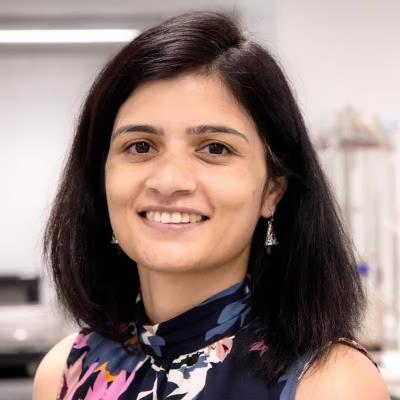
Jaya Joshi
Assistant Professor
Wood Science
Jaya Joshi is a synthetic biologist interested in the directed evolution of enzymes to transform inefficient designer biocatalysts into highly active enzymes. Jaya recently finished a postdoctoral fellowship with Dr. Andrew Hanson at the University of Florida and moved to Dr. Vincent Martin’s lab…
-

Kwang Ho Kim
Assistant Professor
Wood Science
Dr. Kim joined the Department of Wood Science as an Assistant Professor in July 2024. Previously, he was a Principal Researcher at the Korea Institute of Science and Technology (KIST). From 2018 to 2021, he served as an Adjunct Professor at UBC, collaborating with professors and researchers across…
-

Patrick N. Kirchen
Professor
Mechanical Engineering
Patrick's current research activities include internal combustion engine studies focusing on novel combustion strategies utilizing natural gas (NG) and biofuels, in particular the development of instrumentation, diagnostic techniques, and phenomenological models. He is developing a membrane…
-
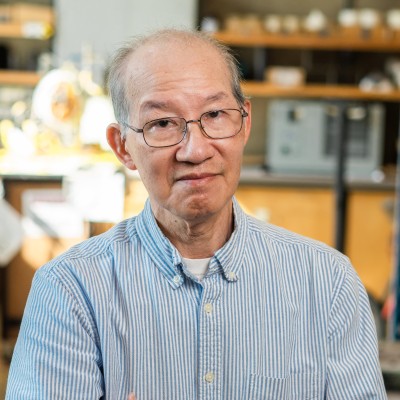
Frank Ko
Emeritus Professor
Materials Engineering
Building on a tradition of creative design and fabrication of fibre based surgical implants, the Advanced Fibrous Materials Laboratory is dedicated to the development of a nanofiber platform for tissue engineering scaffolds in orthopedic, vascular and neual prostheses. Ko also works on Nanofibre…
-
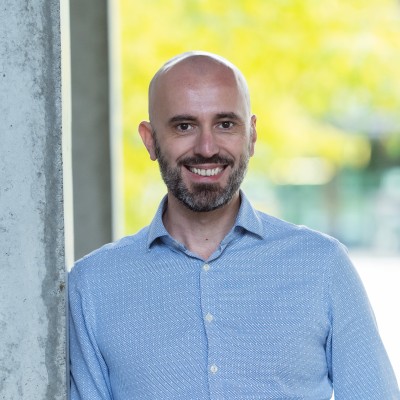
Vasileios Kontogiorgos
Associate Professor
Food Chemistry
Dr. Kontogiorgos received his B.Sc. and M.Sc. in Food Science from the Aristotle University of Thessaloniki (Greece). A full scholarship was then awarded from the Greek State Scholarships Foundation (IKY) for PhD studies in Food Science at the University of Guelph (Canada), where he investigated…
-
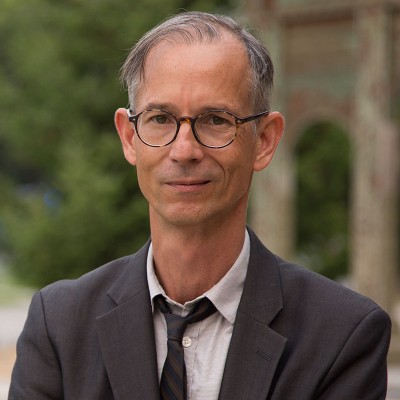
Rob Kozak
Professor
Wood Science
Rob’s current research and teaching interests revolve around sustainable business management practices and issues and providing business-based solutions to complex problems related to sustainable development, forestry, wood products and the emerging conservation economy. Currently, his work…
-

Hongbin Li
Professor
Chemical and Biological Engineering
Hongbin’s research currently focuses on elastomeric protein-based biomaterials and single molecule protein mechanics. He and his research team are developing rational approaches to engineer protein-based biomaterials with tailored mechanical properties by using well-characterized single…
-

Mark MacLachlan
Professor
Chemistry
Taking inspiration from nature, he assembles new materials with hierarchical structures on the nanoscale. Much of his research is aimed at developing new materials using biopolymers – cellulose and chitin – as a template. Using cellulose nanocrystals, for example, his team has…
-
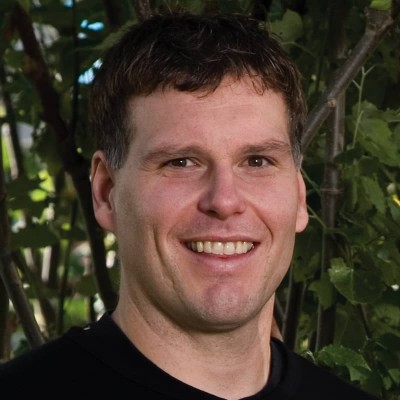
Shawn Mansfield
Professor
Wood Science
Mansfield and his team use a combination of molecular biology, biochemistry, analytical chemistry and plant cell wall characterization techniques to elucidate the role of various biosynthetic pathways in the development, growth, chemistry and ultrastructure of secondary xylem formation in trees…
-
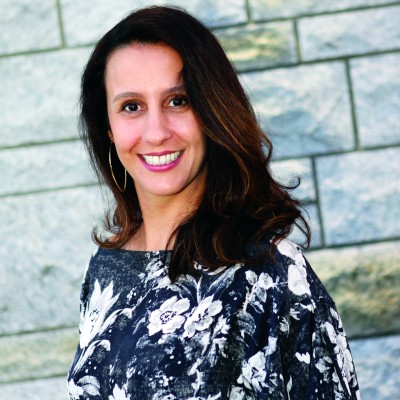
Adriana Manso
Associate Professor
Dr. Manso received her D.D.S. degree at the University of Londrina, Brazil, Master of Science in Restorative Dentistry at the University of São Paulo, Brazil, and PhD in Dental Biomaterials at the University of São Paulo, Brazil. Additionally, she holds two specialty degrees, in…
-
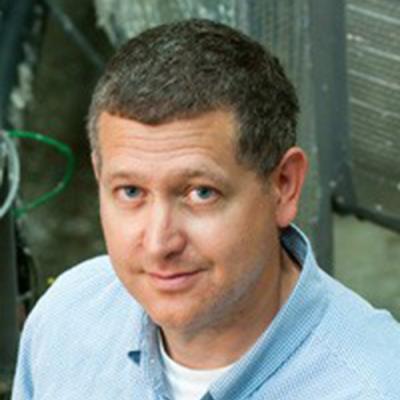
Mark Martinez
Professor
Chemical and Biological Engineering
The focus of Mark's research is on fluid mechanics, flow visualization, multiphase flows and computational fluid dynamics with applications to industrial problems. He is currently working on the following research projects: Advanced Particle Fractionation Systems (NSERC Strategic Grant,…
-

Parisa Mehrkhodavandi
Professor and Graduate Advisor
Chemistry
Parisa’s research focuses on catalysis and bridges inorganic and polymer chemistry. She has developed indium and zinc catalysts for the selective and controlled polymerization of lactones, some bio-sourced, to form biodegradable material. These catalytic systems have allowed the precise…
-
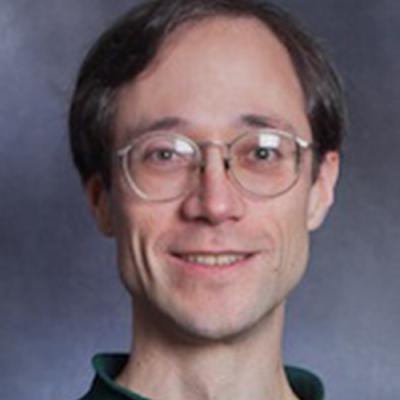
Carl Michal
Associate Professor
Carl's group studies biological, organic and inorganic materials, using solid-state nuclear magnetic resonance (NMR) as the primary tool. The current projects include: Relaxation and Magnetization transfer in brain tissue: We use NMR to probe the fundamental physics of the nuclear…
-
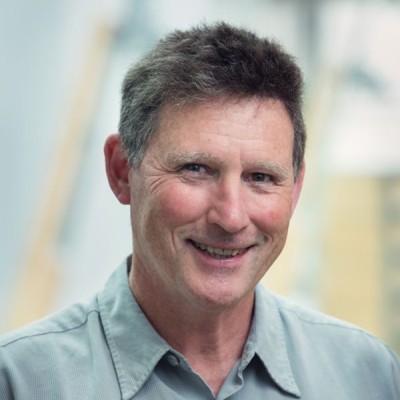
William Mohn
Professor
Microbiology and Immunology
Bill has made pioneering advances in understanding bacterial metabolism of terpenoid compounds, including plant defense compounds and steroids, as well as understanding complex microbiomes residing in soil, wastewater treatment systems and humans. They are also studying the composition of…
-
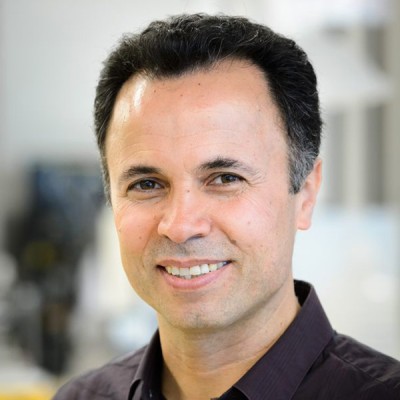
Madjid Mohseni
Professor, Scientific Director
Chemical and Biological Engineering
Dr. Mohseni's research focuses on water quality and the application of advanced water treatment processes to improve the quality of drinking water. He specifically works on the development, evaluation, and implementation of advanced oxidation processes (AOPs), particularly UV-based AOPs, ion…
-
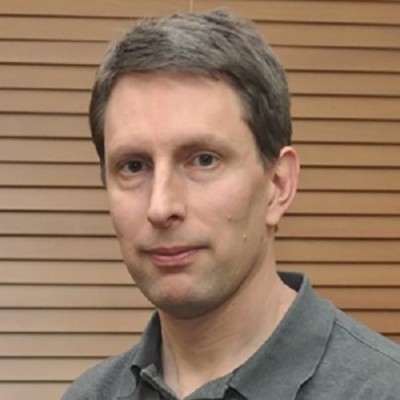
Michael Murphy
Professor
Microbiology and Immunology
Michael's research interests lie in how bacteria respond to stresses such as iron limitation, antibiotics, and barriers to motility. The systems used by bacteria to overcome these stresses are required for growth during infection and are potential targets for therapy. He investigates the…
-
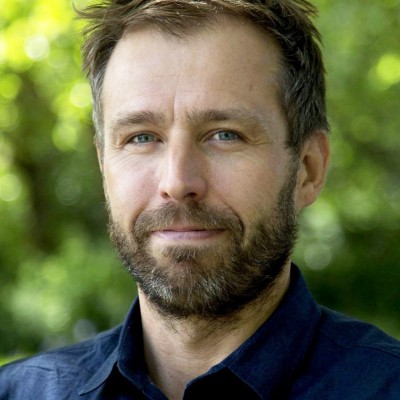
William Nikolakis
Assistant Professor
Forest Resources Management
William Nikolakis, PhD, LLB, BBus practices law in British Columbia, and practiced in Australia. His focus is on the intersection between Aboriginal rights and natural resources law. Since 2000, he has been working with Aboriginal organizations, governments and corporations in Australia…
-
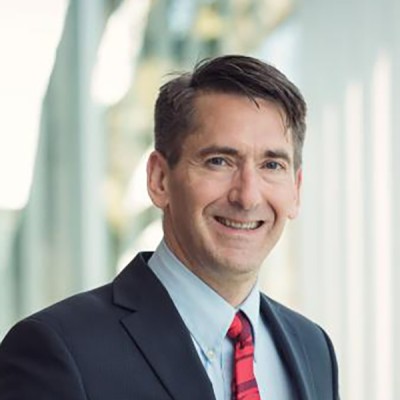
James Olson
Professor
Mechanical Engineering
An industry leading expert in the application of physics and fluid mechanics, James Olson’s research has led to revolutionary developments in the pulp and paper industry. He currently leads a five-year university-industry collaborative research program whose primary goal is to…
-
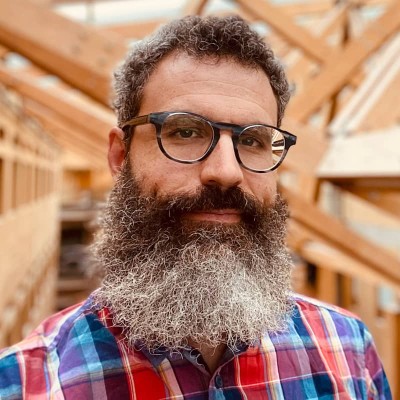
Gregory Paradis
Assistant Professor
Forest Resources Management
Gregory's research spans a wide range of forest management problems, with a focus on the application of operations research (OR) methods. His interests lie in the complex intersection of forest science, forest economics, forest and industrial engineering, data science, computer science,…
-

Anubhav Pratap Singh
Associate Professor
Food Safety Engineering
Anubhav and his team have been developing various novel physical processes and novel technologies for obtaining sustainable improvements in food quality and nutrition. Novel thermal processing technologies like agitation and reciprocating agitation processing, extrusion and HTST/UHT…
-
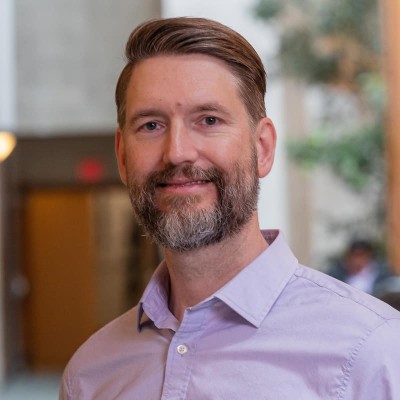
Scott Renneckar
Professor
Wood Science
Scott’s research program focuses on creating advanced renewable materials through cutting-edge science that will catalyze a green economy. These sustainable products sourced from nature are stronger, lighter, and more energy efficient than their petroleum analogs. He uses…
-

Dominik Roeser
Professor, Associate Dean
Forest Resources Management
Research interests include: Forest Operations Wildfire Operations Biomass supply systems Feedstock quality improvements Technology transfer of harvesting technologies in different operational environments Small scale harvesting systems Small scale bioenergy solutions …
-

Orlando Rojas
Professor, Canada Excellence Research Chair in Bioproducts | Scientific Director, Bioproducts Institute
Chemical and Biological Engineering, Chemistry, Wood Science
Professor Orlando Rojas is the Canada Excellence Research Chair at the University of British Columbia and Director of the Bioproducts Institute. His research fo
-

Jack Saddler
Emeritus Professor
Wood Science
Jack’s research specializes on turning forest residues into liquid fuels and chemicals, in what is called the biorefining concept. He expects that new technologies will allow many chemicals and fuels that are currently products of oil refining to be produced more sustainably and, more…
-
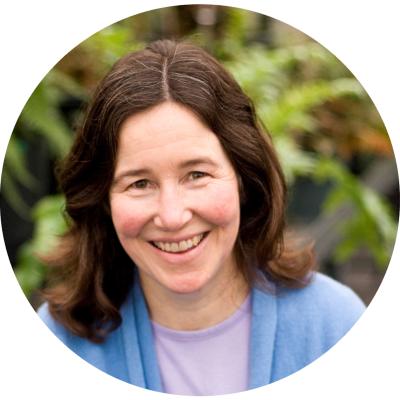
Lacey Samuels
Professor
Botany
Research in Samuels' lab integrates plant biochemistry with plant cell biology to discover how cellulose and lignin are made during wood formation. The formation of wood in the annual growth rings of trees is the most vivid example of how plant cells use carbon captured during photosynthesis to…
-
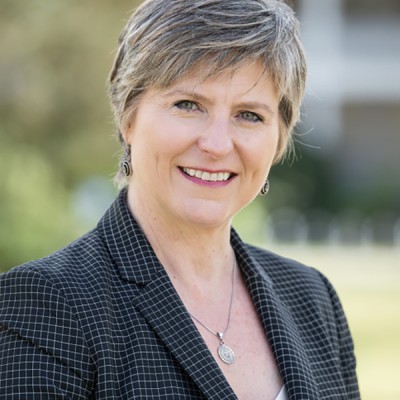
Laurel L. Schafer
Professor & Head
Chemistry
Laurel’s research interests bridge the areas of organometallic and organic chemistry. She has developed a new class of early transition metal complexes for use in selective carbon-nitrogen and carbon-carbon bond forming reactions of industrial relevance. Applications in…
-

Peyman Servati
Professor
Electrical and Computer Engineering
Four research areas occupy Peyman's research and collaboration: Low-cost flexible solar cells and storage devices—develop novel nanomaterials and nanocomposites
-
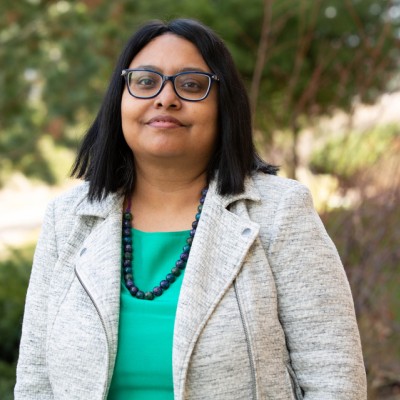
Sumi Siddiqua
Professor
School of Engineering, UBCO
Sumi's research focuses on the design and development of new technologies for mixing soil targeted to improve ground conditions. Optimizing the application of environmentally safe soil stabilizers will significantly enhance the strength and performance of problematic soft soils. Sumi also…
-
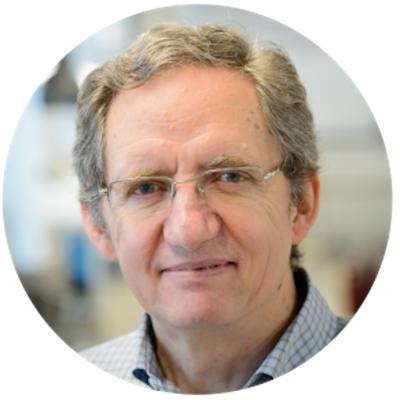
Kevin J. Smith
Professor
Chemical and Biological Engineering
The aim of our research is to better understand the relationships between heterogeneous catalyst properties, reaction kinetics and reaction mechanisms, so as to assist in the design and development of improved catalysts and catalytic processes. We focus on issues related to the Canadian energy…
-
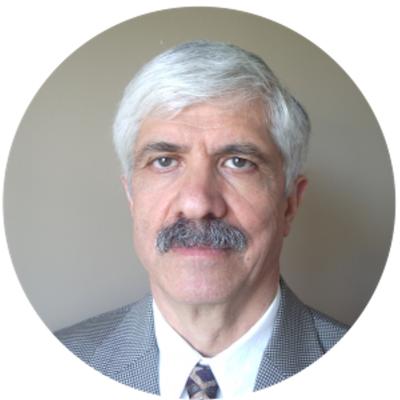
Shahab Sokhansanj
Adjunct Professor
Chemical and Biological Engineering
Shahab’s core research is in feedstock engineering focusing on harvesting, drying, fractionating, and densification of cellulosic biomass. The work has evolved in two fronts: (1) experimenting with innovative biomass preprocesses to acquire engineering data for design and optimum…
-
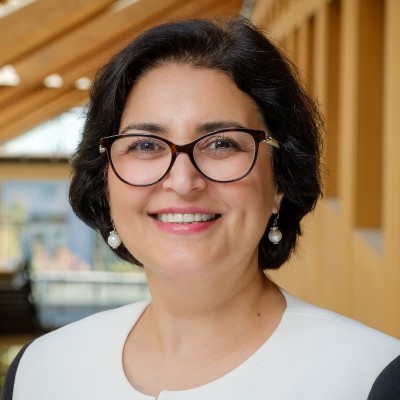
Taraneh Sowlati
Professor
Wood Science
Biomass utilization, its optimization and management in supply chains have been the focus of Taraneh's research the past seven years. Improved mathematical programming and simulation models for optimizing the utilization of forest biomass along supply chains. Environmental impacts of…
-
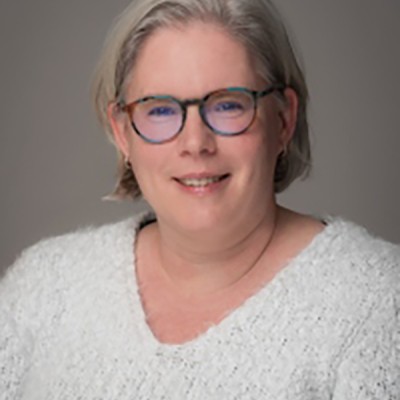
Suzana K. Straus
Professor
Chemistry
The aims of Suzana's research programme are twofold: Increase the applicability of solid state NMR by improving current methods and developing new solid state NMR techniques for the structure determination of membrane peptides and proteins, and Study biologically and pharmaceutically…
-
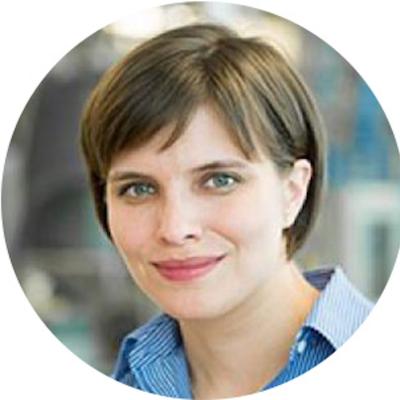
Heather Trajano
Associate Professor
Chemical and Biological Engineering
Heather's research focus is explore and harness fundamental knowledge of biomass fractionation and conversion for maximum economic and environmental benefit. Some specific research interests are i) Fundamentals of biomass deconstruction to separate carbohydrates from lignin, ii) Recovery and…
-

Qingshi Tu
Assistant Professor
Wood Science
Dr. Qingshi Tu’s research combines industrial ecology principles with computational modeling to promote the sustainable development of bioeconomy. Specific foci include; (i) Transforming the information of engineering systems through process simulation, statistical methods and machine…
-
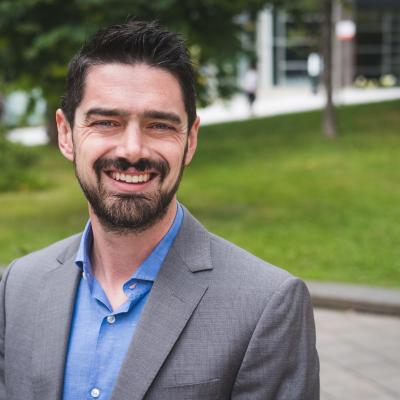
Hamish van der Ven
Assistant Professor
Wood Science
Hamish’s research focuses on sustainable supply chain governance, eco-labeling and sustainability certifications, and the impacts of online activism on business behaviour. As a political scientist by training, he is interested in the rise of private governance and the growing role of…
-
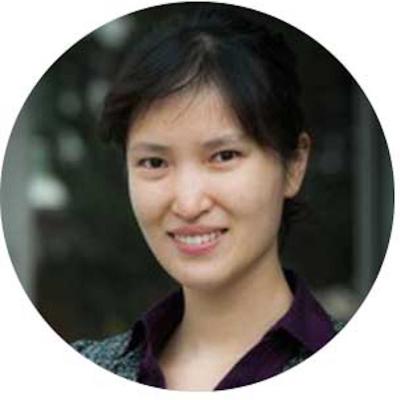
Siyun Wang
Professor
Siyun's research goal is to contribute to novel food safety technologies that will help reduce national and global burden of foodborne illnesses. Recent advances in high-throughput OMICs and big data have led to considerable breakthroughs in microbial food safety research, and the impact of her…
-
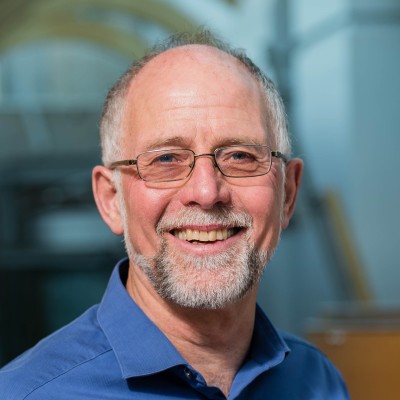
Stephen Withers
Emeritus Professor
Chemistry
Stephen focuses primarily upon enzymes that catalyse glycoside formation and hydrolysis, since these play crucial roles in all areas of biology. Applications of his research range from the development of new catalysts for industrial processes to the design, synthesis and testing of new…
-
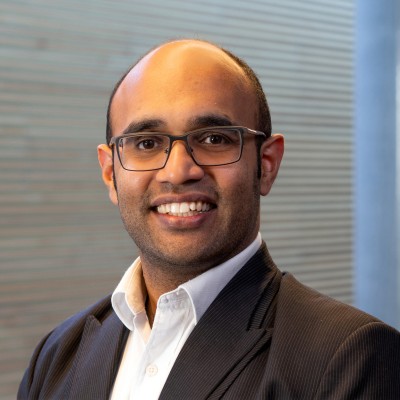
Vikramaditya Yadav
Associate Professor, Director
Chemical and Biological Engineering
Vikram’s research harnesses metabolic and enzyme engineering to investigate, tailor and express biosynthetic enzymes that can convert biomass-derived feedstocks into better fuels and pharmaceuticals under benign conditions without using hazardous reagents and solvents. Salient examples of…
-
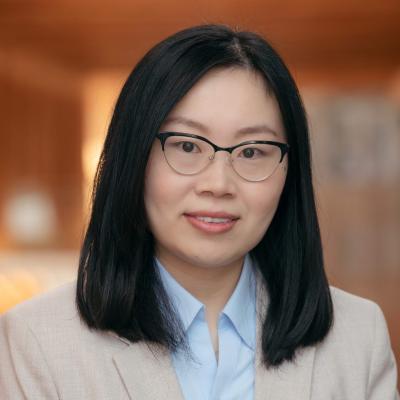
Tianxi Yang
Assistant Professor
Food Science
Tianxi's research focuses on the development of innovative analytical technologies and advanced materials to improve the safety, sustainability, and resilience of agricultural and food systems. The Yang Lab applies interdisciplinary approaches from Food Science, Analytical Chemistry, Material…
-
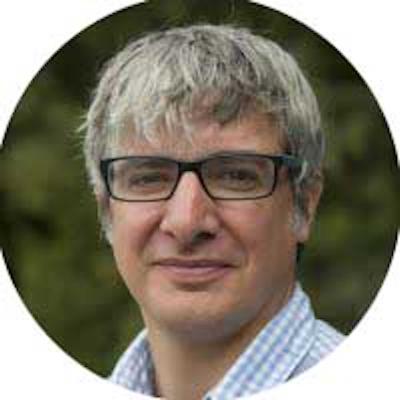
Hisham Zerriffi
Professor
Forest Resources Management
Overall research focus is on rural energy in developing countries, climate change, and the tradeoffs inherent in solving global environmental problems through local development projects. He practises an interdisciplinary approach that combines technical and social analysis to address important…
-

Ryan Ziels
Associate Professor
Civil Engineering
Beyond traditional wastewater treatment design approaches, Ryan’s goal is to integrate genomic information on the metabolic capacity and structure of microbial communities into treatment process modelling, design, and control. His research utilizes advanced molecular sequencing tools, such…
